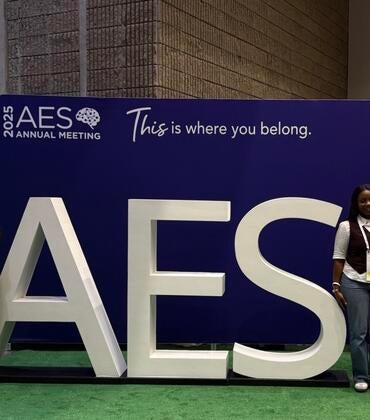What ethical issues arise when researchers do not engage or collaborate with communities from which they collect data? A research paper published in the Journal of Empirical Research on Human Research Ethics explores this question with a case study.
Led by Brandon Brown, an associate professor in the Department of Social Medicine, Population and Public Health in the UC Riverside School of Medicine, the case study involves research among older people living with HIV and discusses the importance of increasing meaningful community involvement in research.
The case study, an anonymized account of events that occurred when an HIV researcher reached out to his local community members through a community leader, describes disagreements and misunderstanding between the researcher and the community leader, such as requests from the community leader that the researcher found unreasonable; the community leader asking repeatedly to see the survey and informed consent form only to find the researcher threatening to cancel the project; and objections from the community leader over the use of stigmatizing language.
Brown and his colleagues collected perspectives about the case study from four key research stakeholders: a community member, a socio-behavioral researcher, an institutional research board representative, and a program officer at a nonprofit funding organization.
“Our goal was to use this case study to help researchers, institutional research board members, community members, and other stakeholders understand the importance of enacting researcher-community partnerships throughout the entire research process for all research, and following best practices for doing so ethically and meaningfully,” said Brown, an expert on HIV.
The researchers conclude: Community members should be treated as experts and partners; research should benefit the community; and clear communication is key. They argue for researchers to practice participatory research methods in line with:
- Community-based participatory research approaches in which community members are treated as true partners and experts in the health and social problems affecting their lives;
- Good participatory practices in which community members are given a voice in the research process; and
- The Denver Principles that advocate for people being treated as “whole people,” deserving of full respect, autonomy, and inclusion.
Brown was joined in the study by Jeff Taylor of HIV & Aging Research Project-Palm Springs; Karine Dubé of the University of North Carolina, Chapel Hill; Dario Kuzmanović and Logan Marg of UCR; and Yasmeen Long of the Milken Institute, Washington, DC.
The title of the research paper is “Ethical Reflections on the Conduct of HIV Research with Community Members: A Case Study.”





